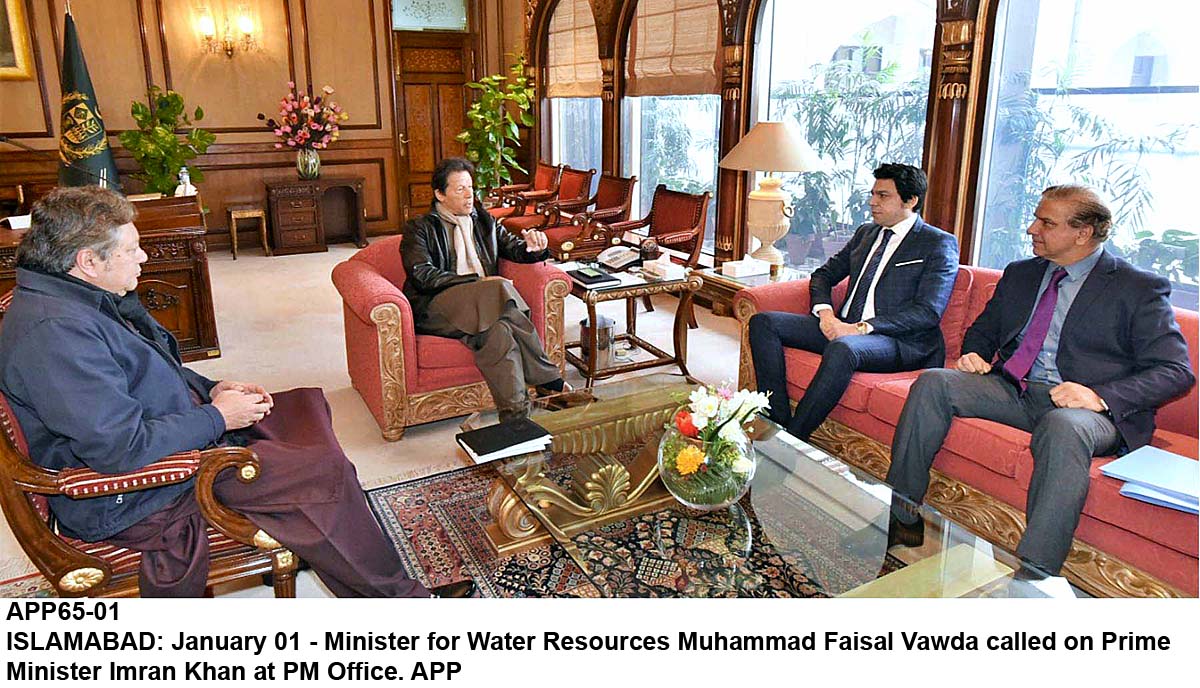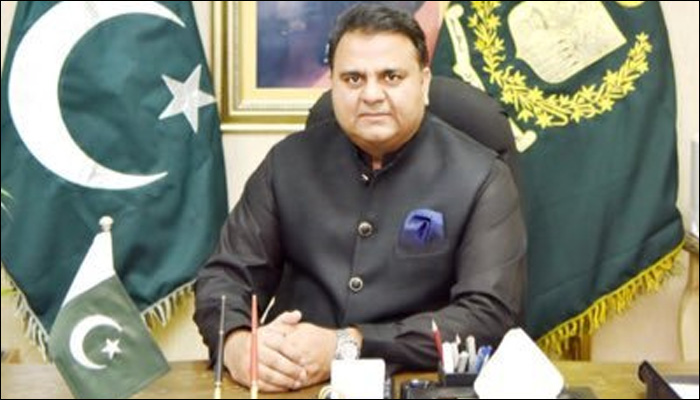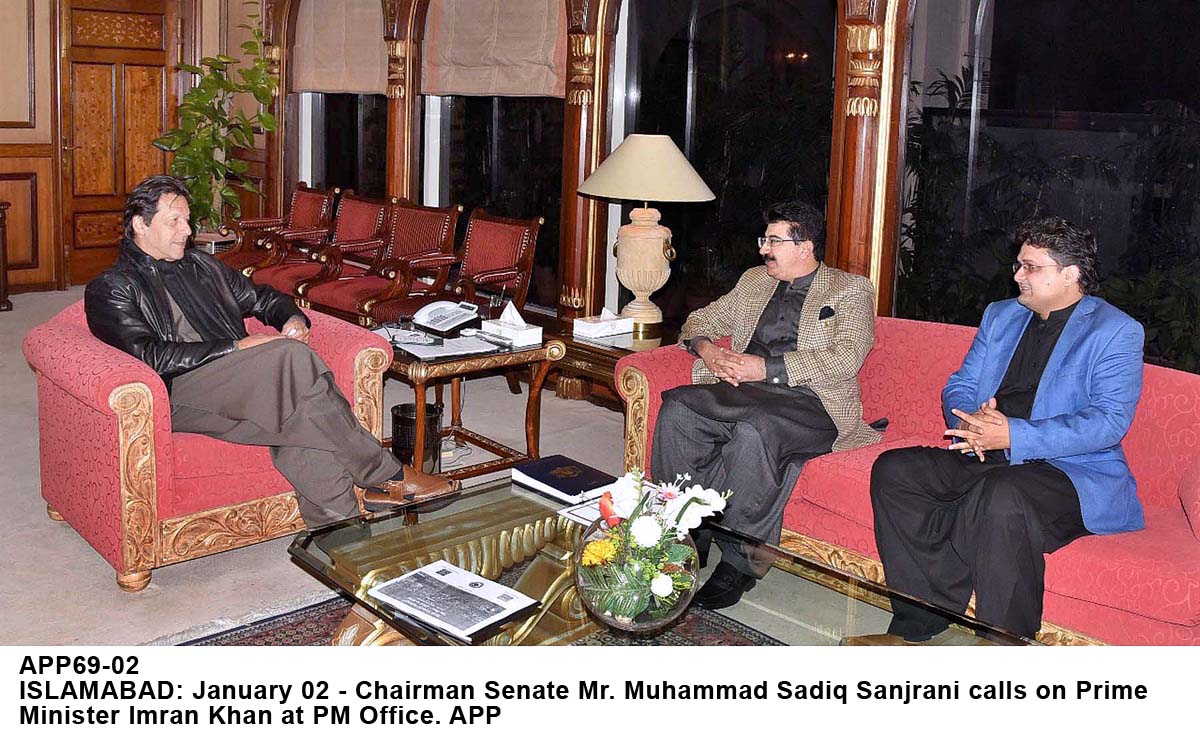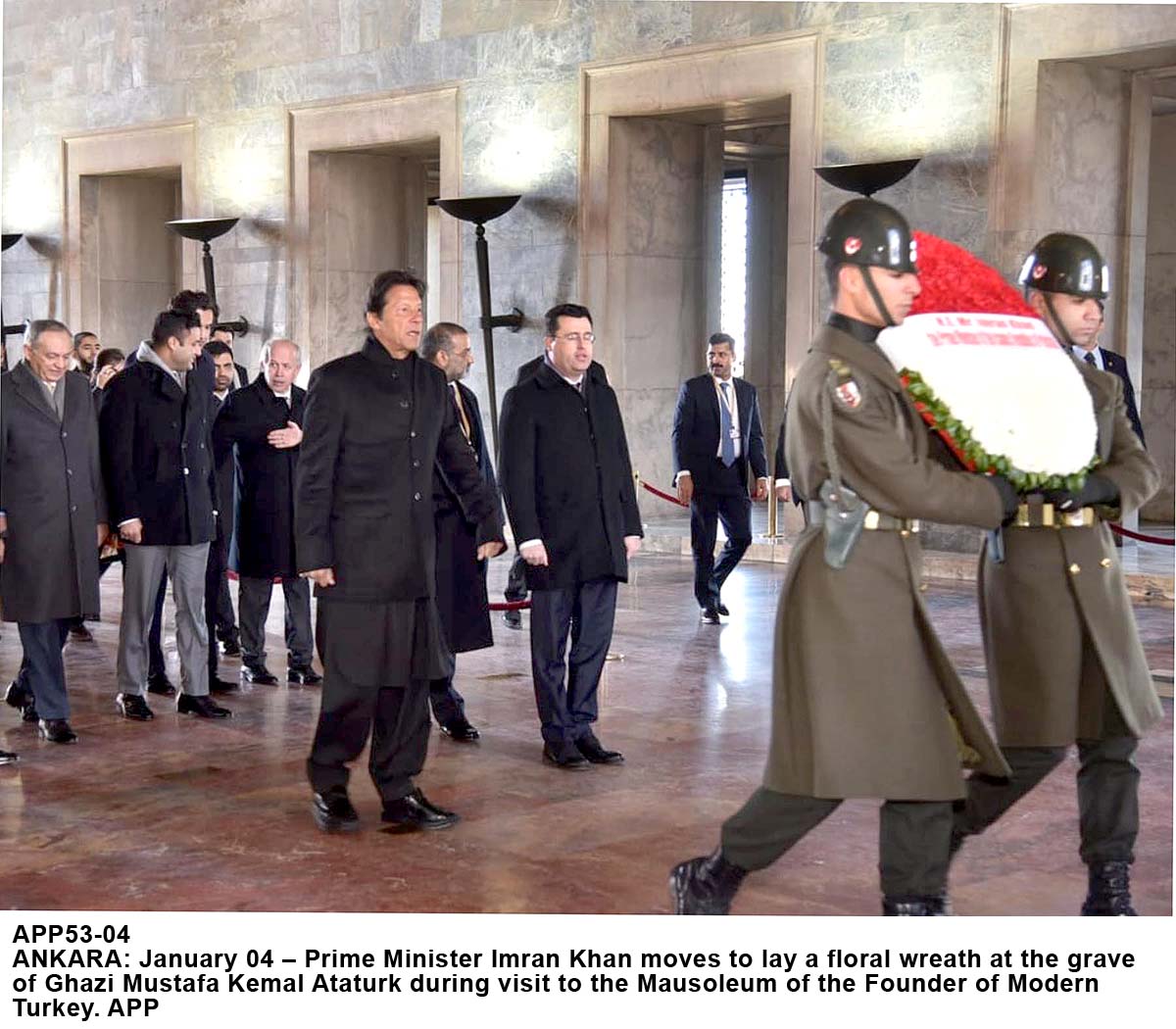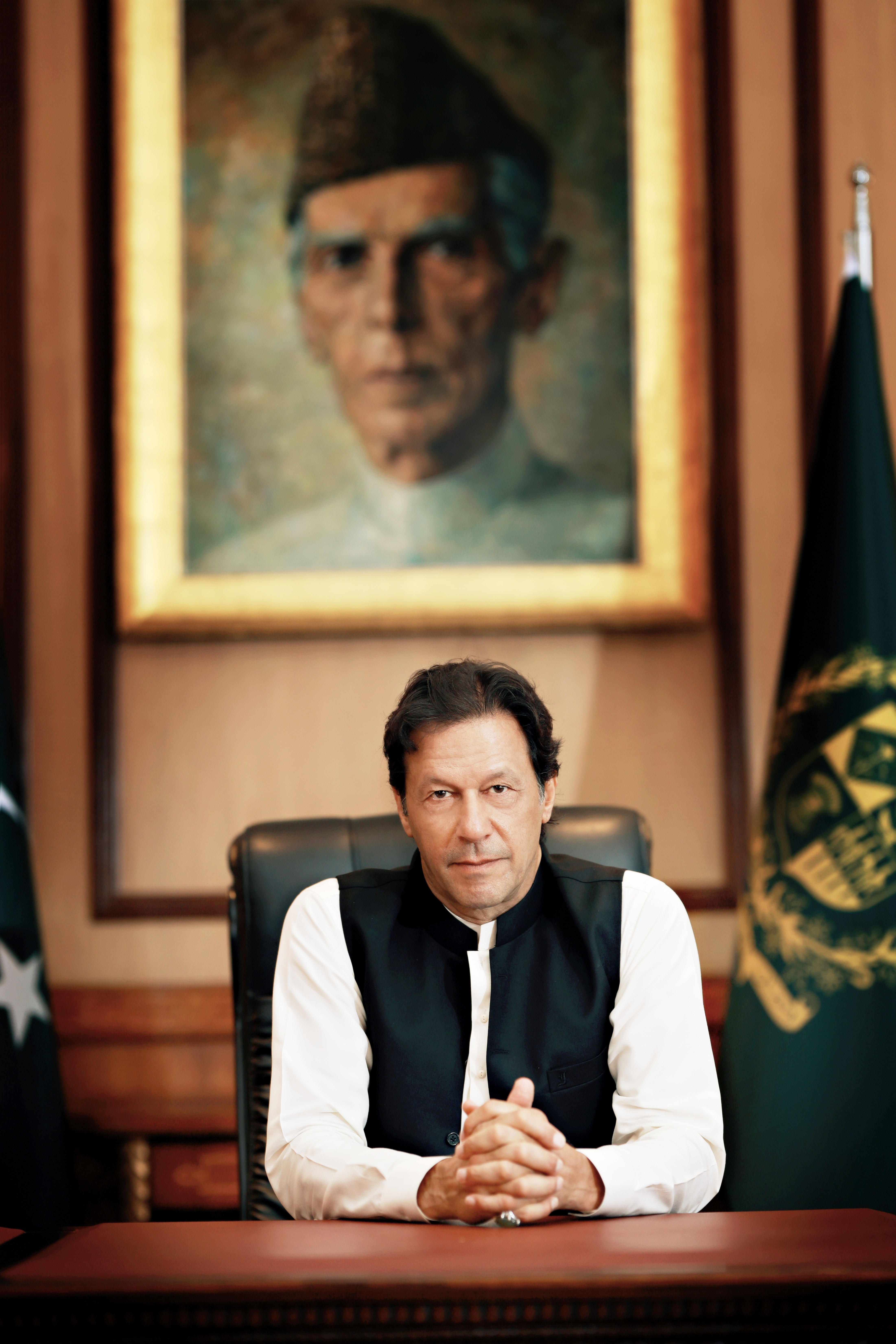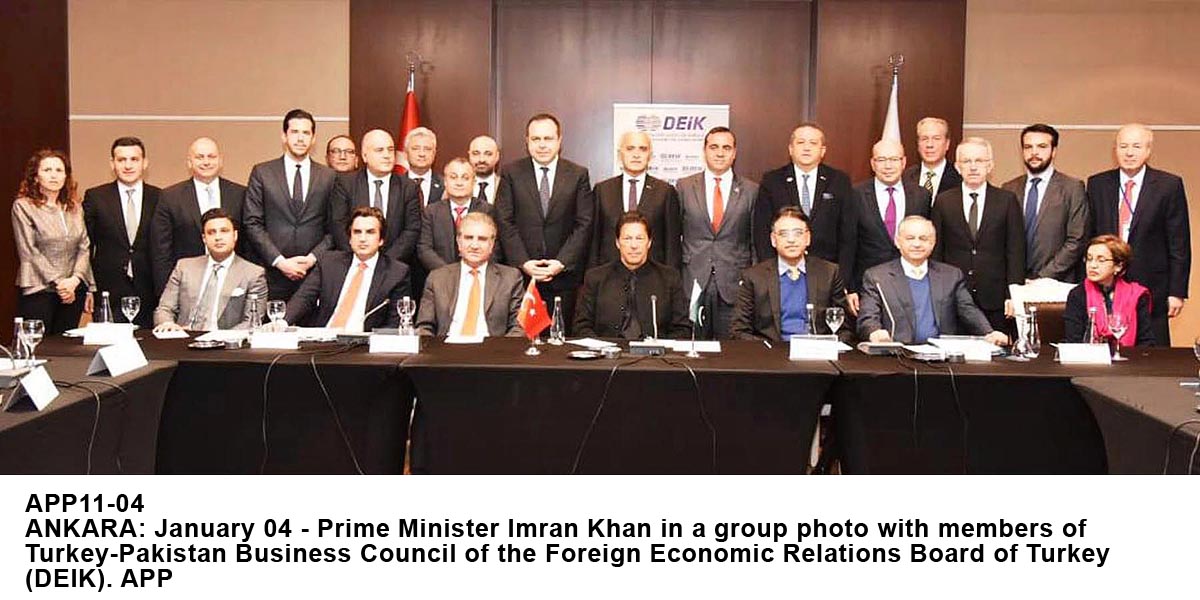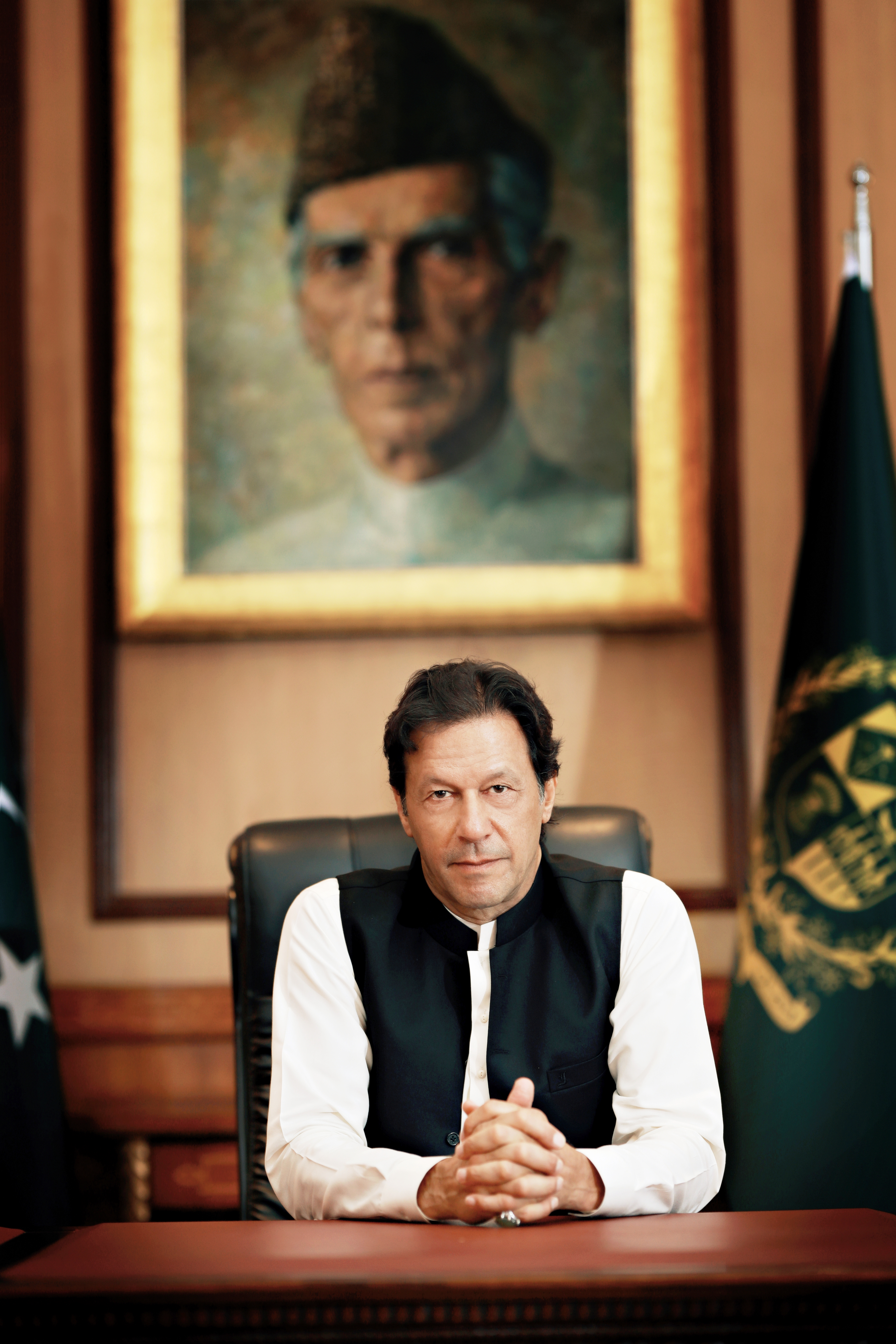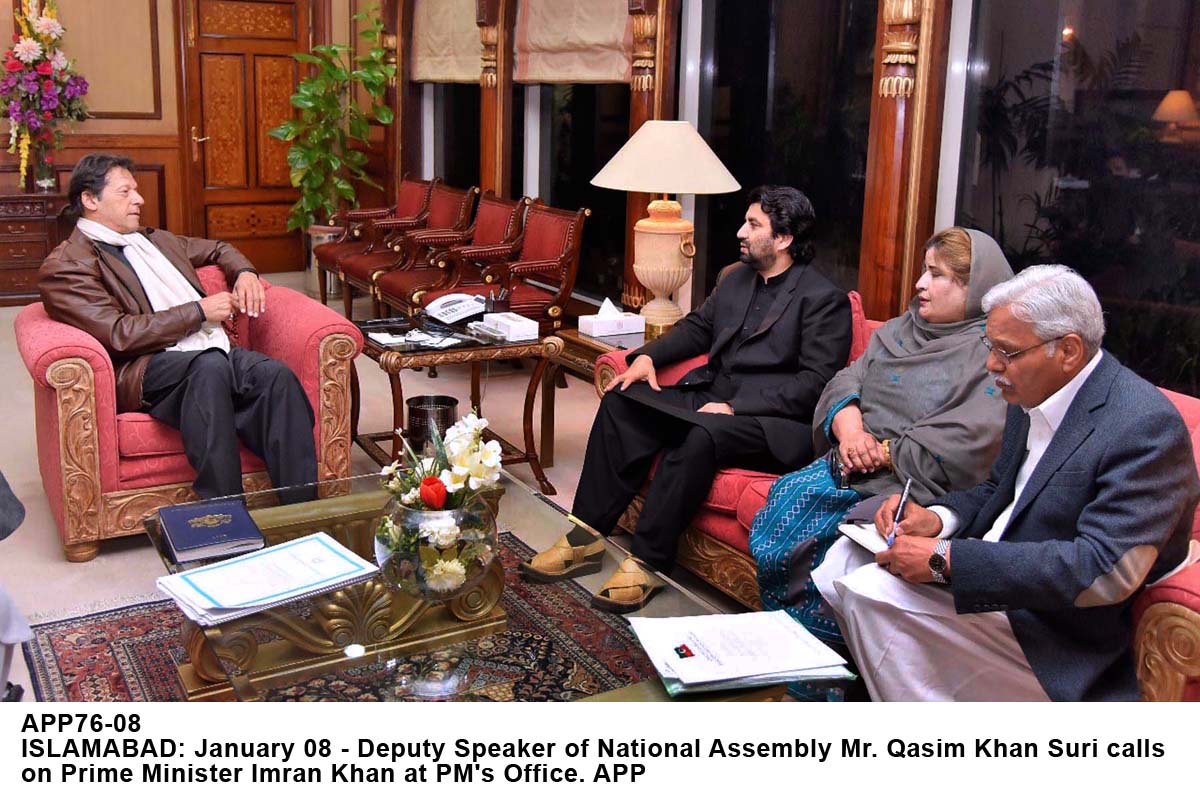
Foreign Office spokesperson Aisha Farooqui was responding to a volley of questions at weekly briefing about the challenges to the Afghan peace process.
The landmark peace agreement signed on February 29 faces a stalemate as differences over prisoner issue delayed the negotiations involving Afghans to decide a roadmap for the future political system.
“Following the signing of the U.S.-Taliban Peace Agreement, the Afghan peace process has gained momentum. It is extremely critical to focus on the implementation of the U.S.-Taliban peace agreement in order to arrive at broad-based and inclusive settlement in Afghanistan. At the same time, it is also important to guard against spoilers working against the peace process,” the spokesperson said.
She did not directly reply to a question about US special envoy Zalmay Khalilzad’s quest for India’s “more active role” in the Afghan reconciliation process.
Khalilzad in his visit to New Delhi earlier this month advised India to approach directly to the Taliban and share their concerns with the Afghan insurgents.
Taliban chief negotiator Sher Abbas Stanekzai pointed out “India’s negative role” in Afghanistan in an interview with a Taliban magazine this week but said Taliban are open to good relations with all neighbors.
Taliban political spokesman Suhail Shaheen disowned social media posts that said Taliban will turn to Indian occupied-Kashmir after “liberating Kabul.”
Aisha said Pakistan hopes that the U.S.-Taliban Peace Agreement is implemented which will lead to Intra-Afghan negotiations as Pakistan has always emphasized the importance of a peaceful and stable Afghanistan, at peace with itself and its neighbors.
“Pakistan will continue its efforts to facilitate the Afghanistan peace and reconciliation process for bringing an end to the 19-year-old conflict through a comprehensive and inclusive, negotiated political solution that is Afghan-led and Afghan-owned,” she said.
She said Pakistan has welcomed formation of negotiation team and the recent agreement between President Ashraf Ghani and Dr. Abdullah Abdullah.
“We hope that the Afghan leaders would work together for the ultimate aim of peace and reconciliation in Afghanistan.”
To a question she said the dates for the Afghanistan Pakistan Action for Peace and Solidarity (APAPPS) are being worked out.
The meeting was scheduled to be held in Kabul in December and later in January but could not be held in view of tension between the two uneasy neighbors.
Afghanistan’s acting Foreign Minister Haneef Atmar has indicted convening the meeting to discuss several key issues.
Foreign policy challenges due to COVId-19
The spokesperson admitted new challenges to the foreign policy due to the COVID-19 but said Pakistan’s all-weather strategic partnership with China has been further enhanced during the pandemic.
She said Pakistan is also actively engaged in intergovernmental and regional platforms including the United Nations, the Shanghai Cooperation Organization, the South Asian Association for Regional Cooperation, the Organization of Islamic Cooperation and with the World Health Organization, to coordinate response strategies.
We have endeavored to strengthen international and regional cooperation to combat the disease and build consensus on issues of common interest. In this regard, Pakistan’s all-weather strategic partnership with China has been further enhanced,” the spokesperson said.
She said the COVID-19 pandemic has brought forth new challenges, both in terms of health and socio-economic impacts, adding that in the realm of foreign policy, Pakistan’s key objectives continue to be the promotion of national interests, pursuit of regional peace and security, and fostering partnerships for peace and development in the region and beyond.
Aisha said Prime Minister Imran Khan has launched the “Global Initiative on Debt Relief” for developing countries to mitigate the economic fallout.
“The initiative aims to come up with a comprehensive and coordinated, multi-stakeholder plan of action for debt relief and restructuring to enable developing countries to tackle the crisis, shore up economies and ensure sustainable growth,” she said.
The spokesperson said since the outbreak of the pandemic, diplomatic and material support is being mobilized and Pakistani missions abroad are actively engaged in galvanizing resources, liaising with suppliers and extending all possible facilitation to overseas Pakistanis, particularly those stranded as a result of travel restrictions.
To a question about reports that Iran pushed Pakistani pilgrims cross the border, she said Pakistani Foreign Minister Shah Mahmood Qureshi, during his statement in the parliament this week, expressed understanding of the predicament which Iran is facing in view of outbreak of coronavirus.
“Pakistan and Iran have been maintaining frequent exchanges to regulate the flow of movement at Pakistan Iran border. This coordination has been further enhanced in view of COVID-19 outbreak,” she said.



